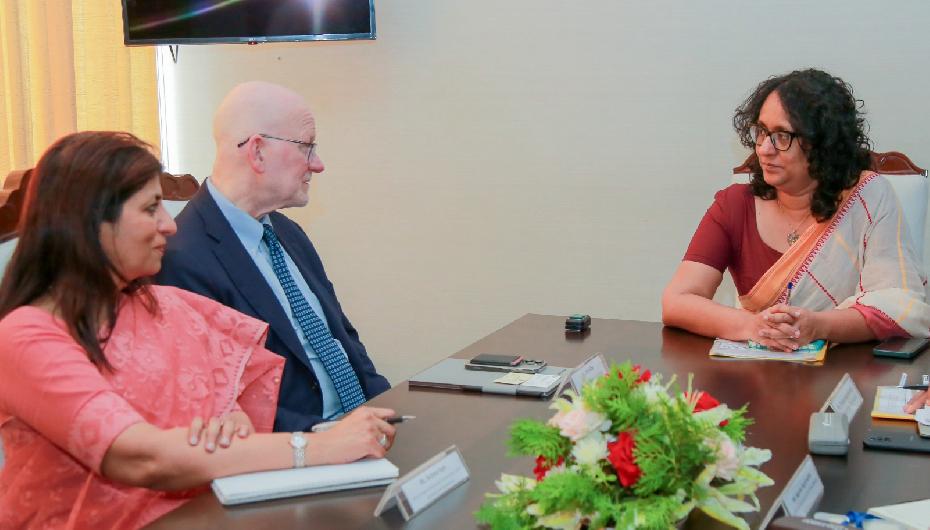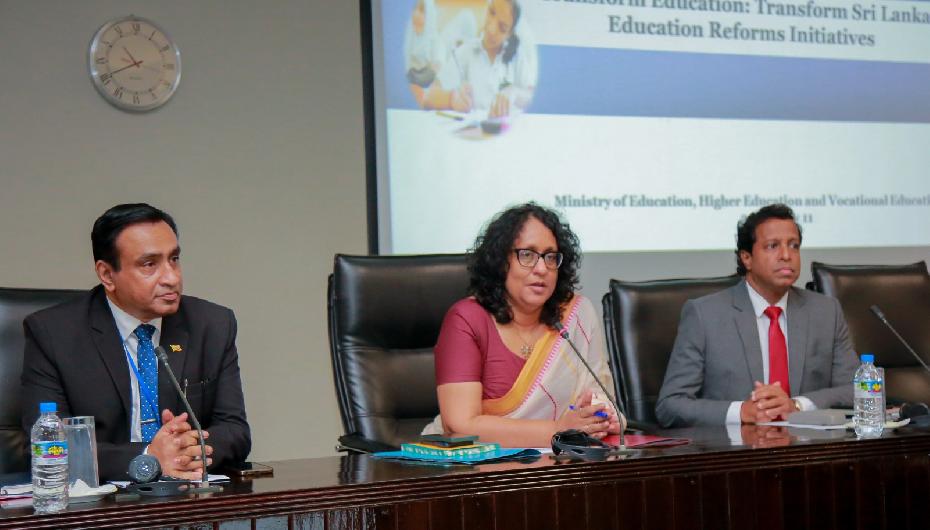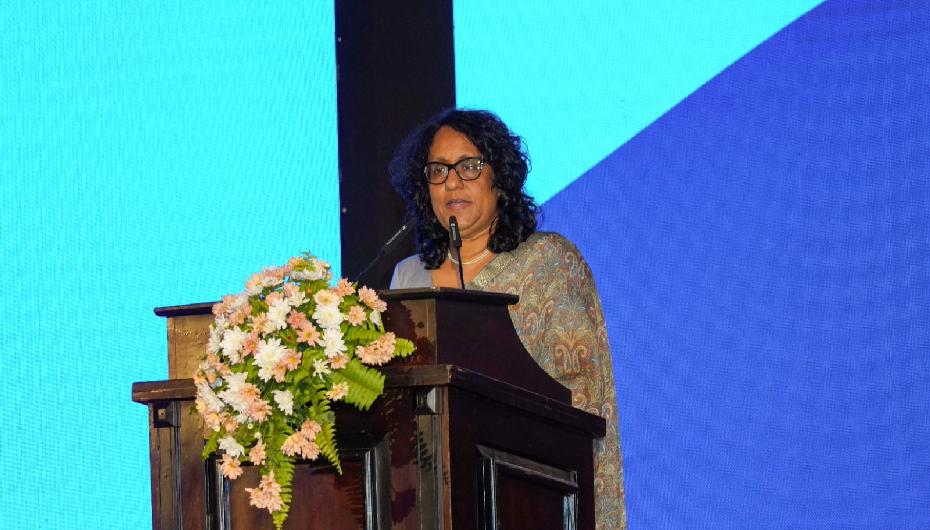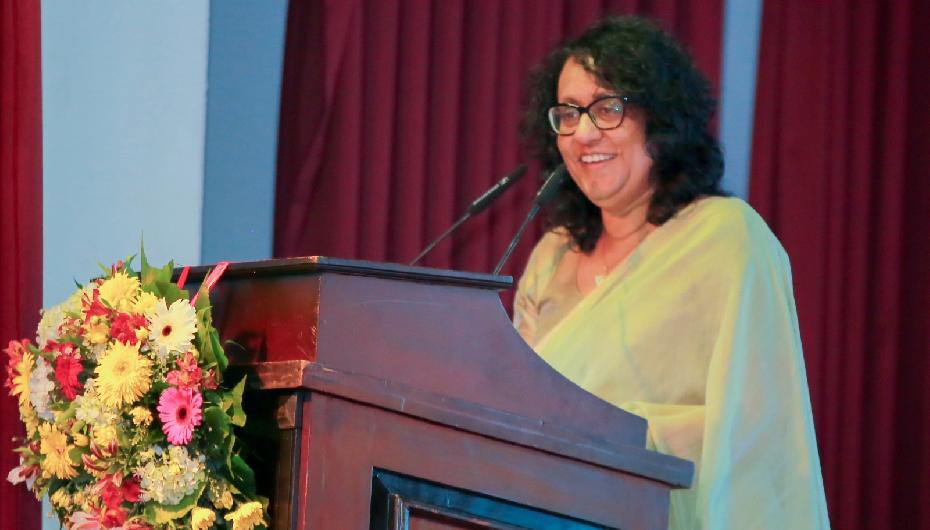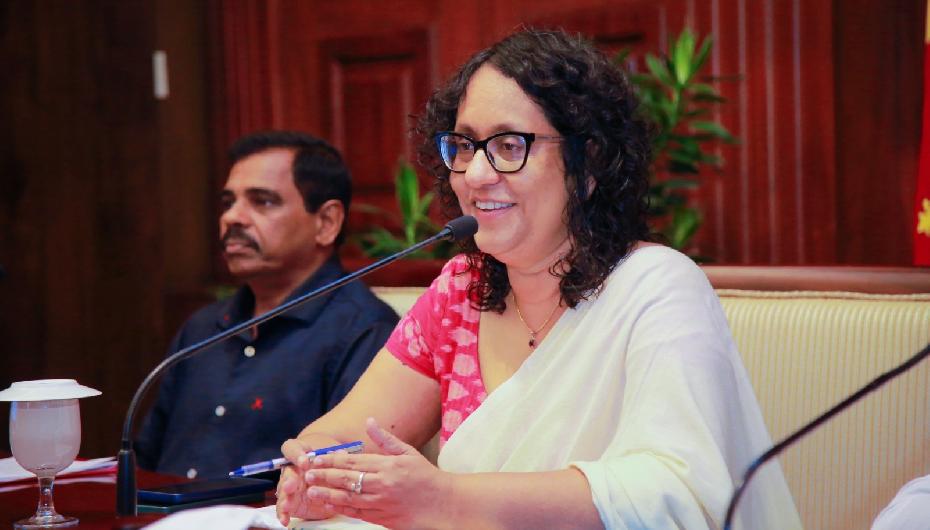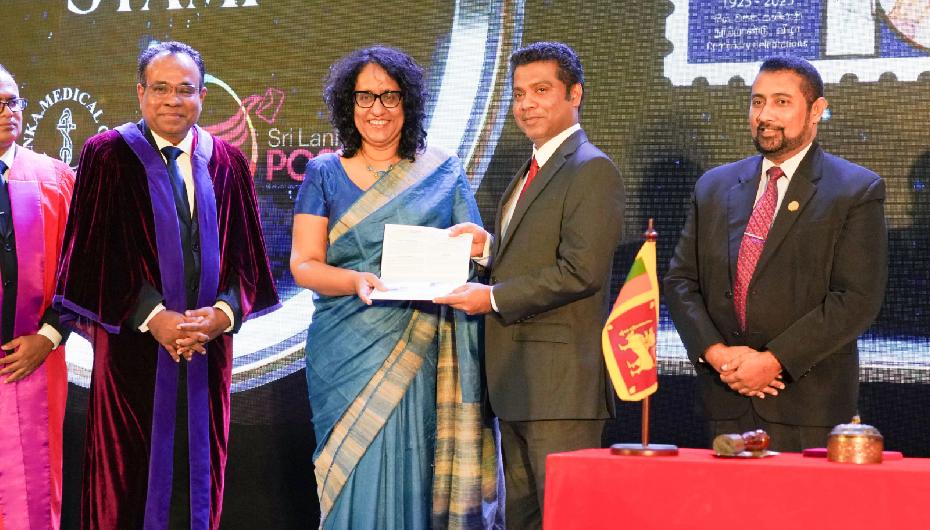A Meeting Between the Prime Minister and the Gates Foundation
A meeting between the Global Development Chair including the delegation of the American Gates Foundation and the Prime Minister was held on 11th of July at the Parliament.
During the meeting, Dr. Chris Elias, Global Development Chair of the Gates Foundation, mentioned that this was his first visit to Sri Lanka and expressed his gratitude for the invitation extended to participate in this important discussion at the Parliament.
Dr. Chris Elias also stated that the Gates Foundation is willing to collaborate with Sri Lanka and highlighted areas where support could be extended, including improving the nutritional needs of children and women in the country, and the use of new digital tools to uplift the agricultural sector.
The Prime Minister Dr. Harini Amarasuriya appreciated the efforts of the Gates Foundation in addressing malnutrition by promoting maternal and child nutrition across Asian countries, including Sri Lanka and further discussed the contribution of the foundation to advancing digital technological development in the region.
While presenting the Gates Foundation representatives about government programs on provision of mid-day meals in schools to fulfill the nutritional needs of children, the Prime Minister expressed the need of their maximum support in meeting the nutritional needs of the children of the nation.
Further, the Prime Minister briefed the Gates Foundation representatives on the operations of the Digital Education Task Force, which was established under the patronage of the Secretary to the Prime Minister to integrate digital technology into teaching, learning, assessment, and education administration as part of the country’s new digital transformation in education.
The Prime Minister also emphasized the importance of the Gates Foundation’s support and contribution to both the Digital Education Task Force and the upcoming education reforms set to commence in 2026.
Representatives of the Gates Foundation assured the Prime Minister of their commitment to supporting and partnering with relevant stakeholders in education reform and task force initiatives.
The event was attended by the secretary to the Prime Minister Mr. Pradeep Saputhanthri, Additional Secretary to the Prime Minister Ms. Sagarika Bogahawatte, Regional Representative for Policy and Government Relations of the Gates Foundation Dr. Jamal Khan, Director and Program Advisor of the Gates Foundation Ms. Archana Vyas, along with other members of the Foundation.
Prime Minister’s Media Division



